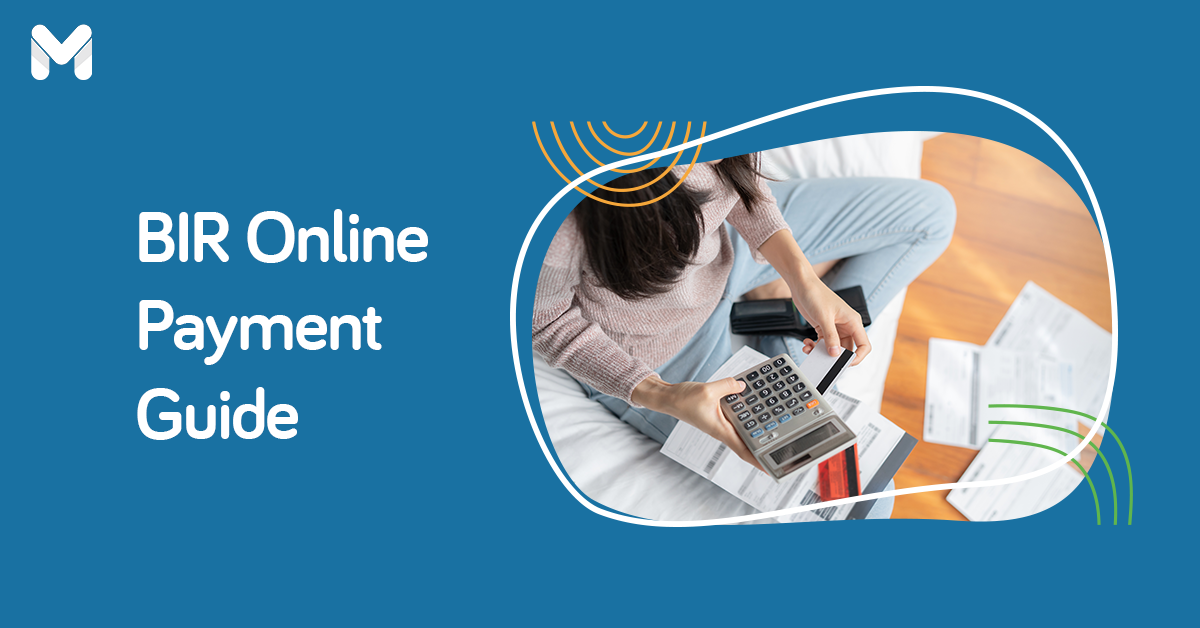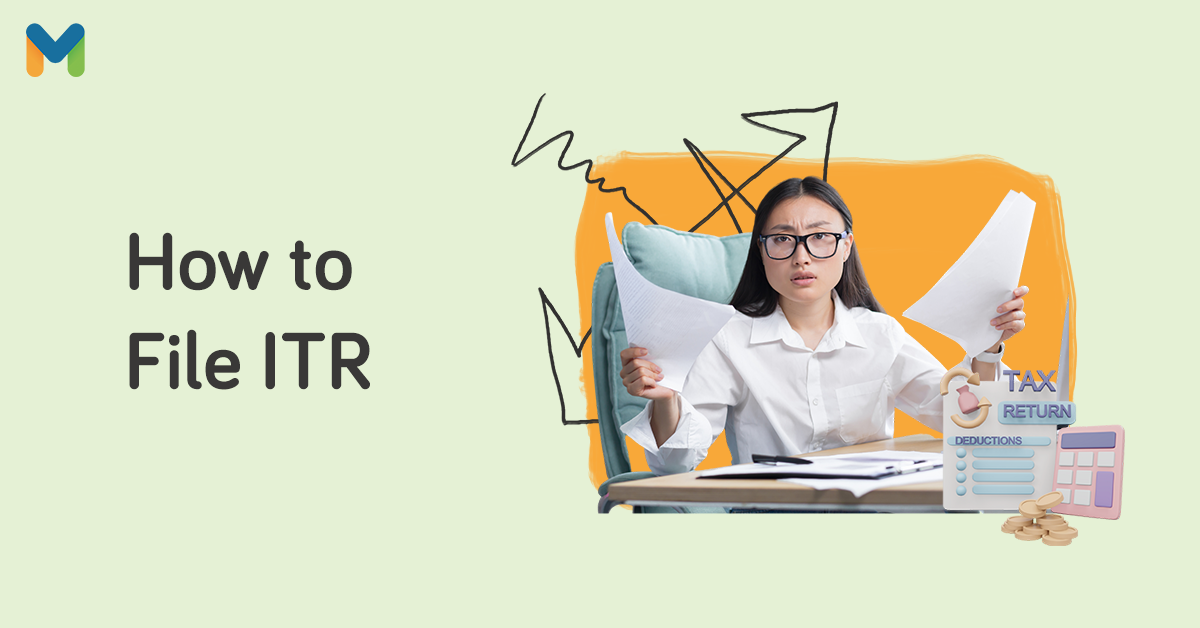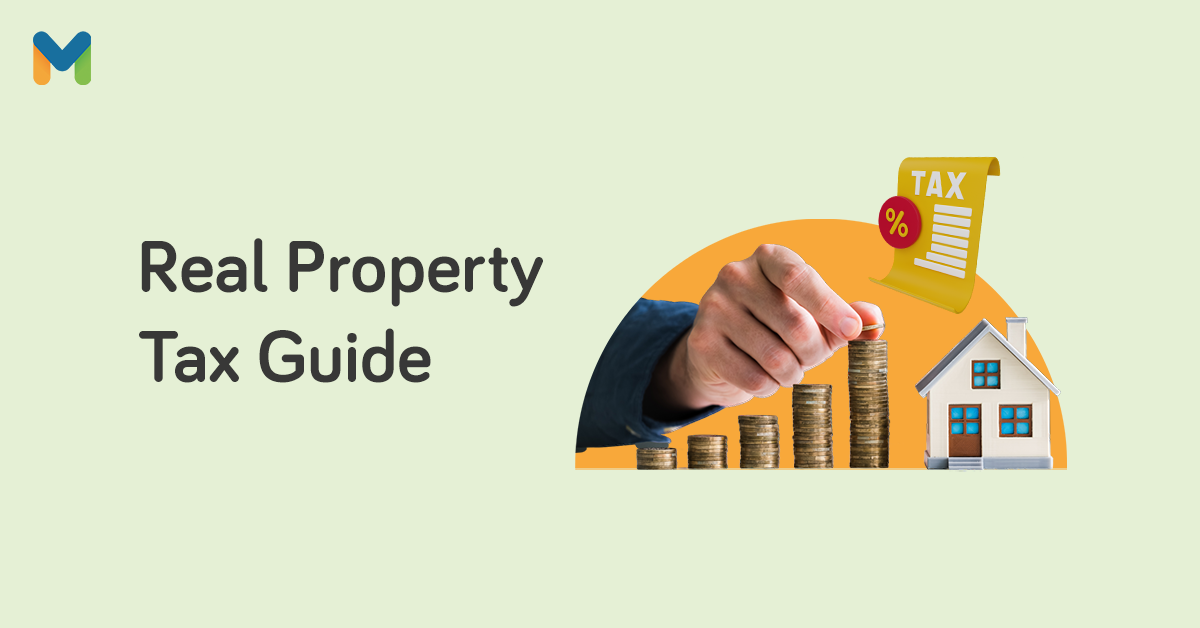It’s easy to disregard your tax obligations when you’d rather focus on running your business or earning more from your freelance gigs. After all, filing and paying taxes in the Philippines can be daunting and stressful. Not to mention that it’s hard to part with your hard-earned money, especially if you aren’t sure whether the government will put it to good use.
But that’s nothing if you compare it to the tax troubles you might encounter if you don’t pay. Tax evasion penalties are something you don’t want to deal with.
If you're a taxpayer, you must be aware of the consequences of tax evasion. In this article, we'll discuss tax evasion, what happens if you don’t pay taxes, its penalties, and how to avoid it.
What is Tax Evasion?
Tax evasion happens when a person intentionally avoids paying any tax under the Tax Code of the Philippines.[1] This can be done through various means, such as not reporting income, claiming false deductions, or hiding assets and income.
Because tax evasion is a criminal offense, tax evaders are subject to serious penalties and criminal charges. In the Philippines, tax evasion is punishable by a penalty of up to ₱10 million or imprisonment,[2] depending on the offense.
While some people view tax evasion as a victimless crime, the reality is that it costs the government billions of pesos in revenue each year and robs taxpayers of much-needed funds for public services.
📌 Examples of Tax Evasion in the Philippines
-Apr-11-2024-09-54-35-9631-AM.png?width=600&height=400&name=Pics%20for%20blog%20-%20600x400%20(33)-Apr-11-2024-09-54-35-9631-AM.png)
According to the BIR, the following forms of tax evasion are considered criminal liabilities under the Tax Code:
- Failure to pay taxes
- Non-filing of appropriate tax returns
- Over-declaring expenses/deductions
- Under-declaring income
- Hiding or transferring income
- Claiming personal expenses as business expenses (for tax shield)
- Failure to remit withholding taxes
- Having more than one book of accounts
- Failure to register with the BIR
- Fake entries in financial books and records
- Using fake accountable forms
Note that you must file an income tax return (ITR) even if you’re exempted from paying taxes. Otherwise, this is considered tax evasion.
The government has been cracking down on tax evaders in recent years, with new laws and regulations making it easier to prosecute offenders. In 2023, the House Ways and Means Committee approved a measure imposing graver penalties on tax fraud, including selling counterfeit receipts to reduce income tax and VAT liabilities under the veil of fictitious transactions.
House Bill No. 7653 aims to strengthen the government's existing tax evasion laws. It also seeks to make the act of “coordinated” tax fraud a separate crime with graver penalties under the National Internal Revenue Code. Prison sentences range from 17 to 20 years.[3]
Read more: How to File ITR for Mixed-Income Earners in the Philippines
📌 Tax Evasion vs Tax Avoidance: What's the Difference?
Tax evasion uses illegal or fraudulent methods to reduce or avoid taxes (see the examples above).
In contrast, tax avoidance uses lawful means to minimize tax payments by taking advantage of loopholes and deductions. While tax avoidance is legal, it’s often frowned upon by the government and taxpayers who feel it unfairly benefits the wealthy.
A familiar example of tax avoidance in the Philippines is the de minimis benefits employers use to lower withholding taxes and increase the take-home pay of their employees.
Another form of tax avoidance is under-declaring income, which means the taxpayer only declares a portion of income to avoid paying higher taxes. Other companies use donations as they can be claimed as deductions, especially if they’re identified as such under the National Internal Revenue Code (NIRC).
While both tax evasion and tax avoidance lead to reduced taxes, the former can land a person in jail because of its criminal nature.
Tax Evasion Penalties in the Philippines
-Apr-11-2024-09-56-20-7579-AM.png?width=600&height=400&name=Pics%20for%20blog%20-%20600x400%20(34)-Apr-11-2024-09-56-20-7579-AM.png)
What happens if I don’t pay taxes in the Philippines?
By principle, we all know that taxes are used to improve the lives of Filipinos—from building schools, roads, and other infrastructure to providing health care services to less-privileged communities.
Thus, failure to pay taxes deprives Filipinos of the government services they should enjoy. Evading taxes is avoiding your responsibility as a citizen of this country.
This is why the government imposes heavy penalties on tax evaders.
If you don't pay your taxes, you may be subject to audits, fines, and interest charges. You can also be blacklisted from receiving government benefits or from taking out loans.
Let’s go through each tax evasion penalty that may apply if you fail to pay your taxes.
👉 Fines of up to ₱10 Million and Imprisonment
-Apr-11-2024-09-58-32-0792-AM.png?width=600&height=400&name=Pics%20for%20blog%20-%20600x400%20(35)-Apr-11-2024-09-58-32-0792-AM.png)
“Will I be jailed for not paying my taxes?”
Tax evaders will have to pay fines of not less than ₱500,000 but not more than ₱10 million if proven guilty. They also face imprisonment of not less than six years but not more than ten years in case of an attempt to evade or defeat tax.
The grounds for these fines and imprisonment are printing the following:
- Receipts, sales, or commercial invoices without authority from BIR
- Double or multiple sets of receipts and invoices
- Receipts and invoices without numbers, business names, and other identifying information of the business
👉 Surcharge of 25% or 50% of the Tax Due
This tax evasion penalty is a one-time fee for every instance of non-payment of tax. The Tax Code imposes a 25% penalty on those who fail to file and/or pay the tax due on time (within the April 15 deadline).
A higher surcharge of 50% of the tax due applies to cases in which there’s a deliberate failure to file the tax return or willful falsification of tax returns.
Related: Inheriting Property? Learn About Estate Tax in the Philippines First
👉 Annual Interest of 12% on Unpaid Tax
If you fail to pay your tax in full, you’ll be penalized with a 12% interest per year on the unpaid tax amount from when it’s supposed to be paid until it’s completely paid.
So let’s say you don’t pay your tax in full for five years. You’ll end up paying an additional 60% (multiply 12% by five years, and you’ll get 60%).
👉 Penalty of 1/10 of 1% of Annual Net Income or ₱10,000
If the taxpayer fails to transmit sales data, a penalty of 1/10 of 1% of annual net income or ₱10,000, whichever is higher, is imposed. This is based on the annual net income, as shown on the audited financial statements for the second year preceding the taxable year.
However, if the failure to report sales is due to force majeure or other uncontrollable events by the taxpayer, the penalty shall not apply.
👉 Compromise Penalties of Up to ₱50,000
Rather than file tax evasion cases or criminal charges, the BIR may impose a compromise penalty to violators who fail to pay their taxes.
Compromise penalties for unsettled tax payments reach up to ₱50,000, depending on the amount of unpaid tax. The higher the unpaid tax amount is, the higher the compromise fee that the violator has to pay to the government.
👉 Temporary Business Closure
The BIR also runs after tax-delinquent businesses under its Oplan Kandado program.[4] The government’s revenue collection agency has the authority to suspend or close down a business establishment until it pays the right taxes.
Grounds for the temporary closure of business under Oplan Kandado include the following:
- Failure to issue receipts or invoices
- Failure to file a value-added tax (VAT) return
- Under-declaring taxable sales by 30% or more
- Failure to register a business with the BIR
How to Avoid Tax Evasion in the Philippines
-Apr-11-2024-10-00-00-2530-AM.png?width=600&height=400&name=Pics%20for%20blog%20-%20600x400%20(36)-Apr-11-2024-10-00-00-2530-AM.png)
The consequences of tax evasion in the Philippines are severe. They can adversely affect your finances and cause anxiety. What can you do—within the bounds of law—to avoid the risk? Taxation experts and lawyers recommend taxpayers to take the following steps:
✅ Know the Tax Laws in the Philippines
There are a few ways you can become knowledgeable about the tax laws in the Philippines. First, you can read the tax code itself. This can be a bit daunting, but it’s important to have a basic understanding of the law before you begin to file your taxes.
You can also reach out to the Bureau of Internal Revenue (BIR) for tax evasion help and information. The BIR provides many resources on its website, including how-to guides and publications that can help you understand the process of tax filing and taxpayers’ responsibilities.
Read more: Ask Moneymax: What are the Different Taxes in the Philippines?
✅ Hire a Tax Specialist or Consultant
Even if you're confident in your abilities to do your taxes, in some instances hiring a tax specialist or consultant makes more sense.
For example, you recently started your own business, got married, or started a family. Consider hiring someone who can help ensure you're taking advantage of all the deductions and credits you're entitled to.
The same goes for when you suffer a significant financial setback. In these cases, it's worth spending money to get professional help to ensure you don't miss, underpay, or even overpay your taxes.
✅ Work with a Bookkeeper or Accountant
If you’re a business owner, professional, or self-employed individual, one of your most important responsibilities is keeping track of your finances. It can be a complex and time-consuming task. But it's essential to ensure the success of your business.
One way to simplify the process is to work with a bookkeeper or accountant. They can handle all bookkeeping, including maintaining financial records, preparing reports, and filing taxes. This can free up your time to focus on other business aspects.
In addition, a bookkeeper or accountant can provide valuable insights into your financial situation and offer advice on improving your bottom line.
If you need help figuring out where to start, ask for recommendations or search for businesses that provide online accounting services.
✅ Monitor all Receipts and Transactions
As a financially responsible adult, you need to keep track of your receipts and transactions. This is especially true if you’re self-employed or have multiple sources of income.
Ensure that each sale has a receipt and that all the receipts or invoices match the declared gross revenue. While it may seem tedious, closely monitoring your receipts and transactions can save you a lot of money come tax time.
There are different rates for different types of income. Deductions can vary depending on your circumstances. By keeping track of your receipts and transactions, you can ensure you’re taking advantage of all the deductions and exemptions you’re entitled to.
How Do I Report Tax Evasion?
-Apr-11-2024-10-01-36-2075-AM.png?width=600&height=400&name=Pics%20for%20blog%20-%20600x400%20(37)-Apr-11-2024-10-01-36-2075-AM.png)
Know someone who’s evading taxes? The first step in reporting tax evasion is to obtain evidence that the individual or business has failed to pay taxes.
You may use the eComplaint Run After Tax Evaders (R.A.T.E.) form[5] to report individuals and/or entities engaged in tax fraud or evasion and other criminal violations under the Tax Code.[6]
This may require documents showing the income and expenses of the business, as well as bank records and other financial statements. Once you obtain this evidence, file a complaint with the BIR.
The tax authorities will then investigate the case and decide whether or not to take action against the individual or business. If they find that tax evasion has occurred, they may impose penalties, including jail time and fines.
💰 How Much is the Reward for Tax Evaders Informants?
Once BIR has found the reported party guilty, you’ll receive a sum equivalent to 10% of the revenues, surcharges, or fees; or ₱1 million, whichever is lower.[7]
Final Thoughts
If you’re caught evading taxes, you face steep penalties. So don’t take taxes lightly. Avoid tax evasion altogether and stay on the right side of the law.
To avoid income tax fraud and tax evasion penalties, pay the correct taxes on time. You can pay taxes online for quicker and hassle-free transactions.
Let’s do our share in helping our fellow Filipinos receive the kind of services they’re entitled to through the taxes we pay.
Sources:
- [1] Tax Code of the Philippines
- [2] Revenue Regulations No. 13-2021 (Bureau of Internal Revenue, 2021)
- [3] Bill imposing stiffer penalties for tax fraud clears House panel hurdle (Philippine Star, 2023)
- [4] Can the BIR lock a store for non-compliance? (Rappler, 2021)
- [5] R.A.T.E. Complaint Form (Bureau of Internal Revenue)
- [6] eComplaint Run After Tax Evaders (R.A.T.E.)
- [7] How can I get a P1-million reward from the BIR? (Rappler, 2021)










